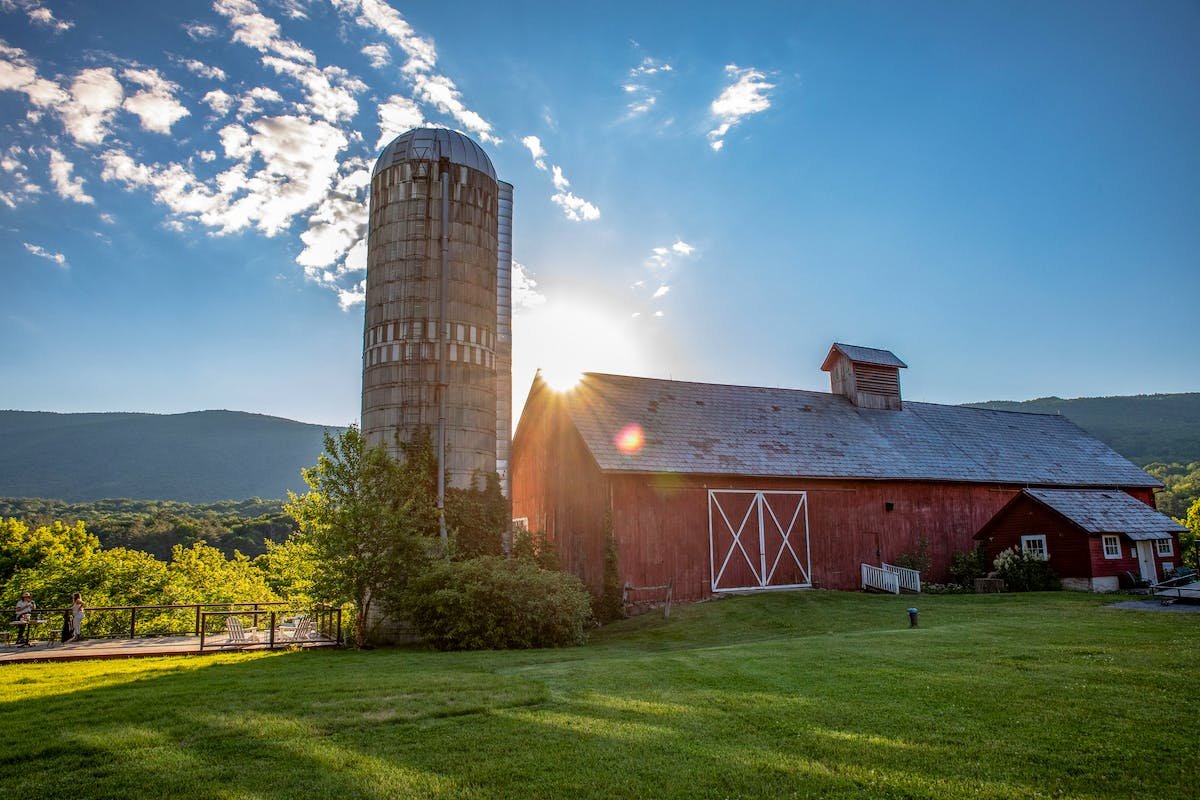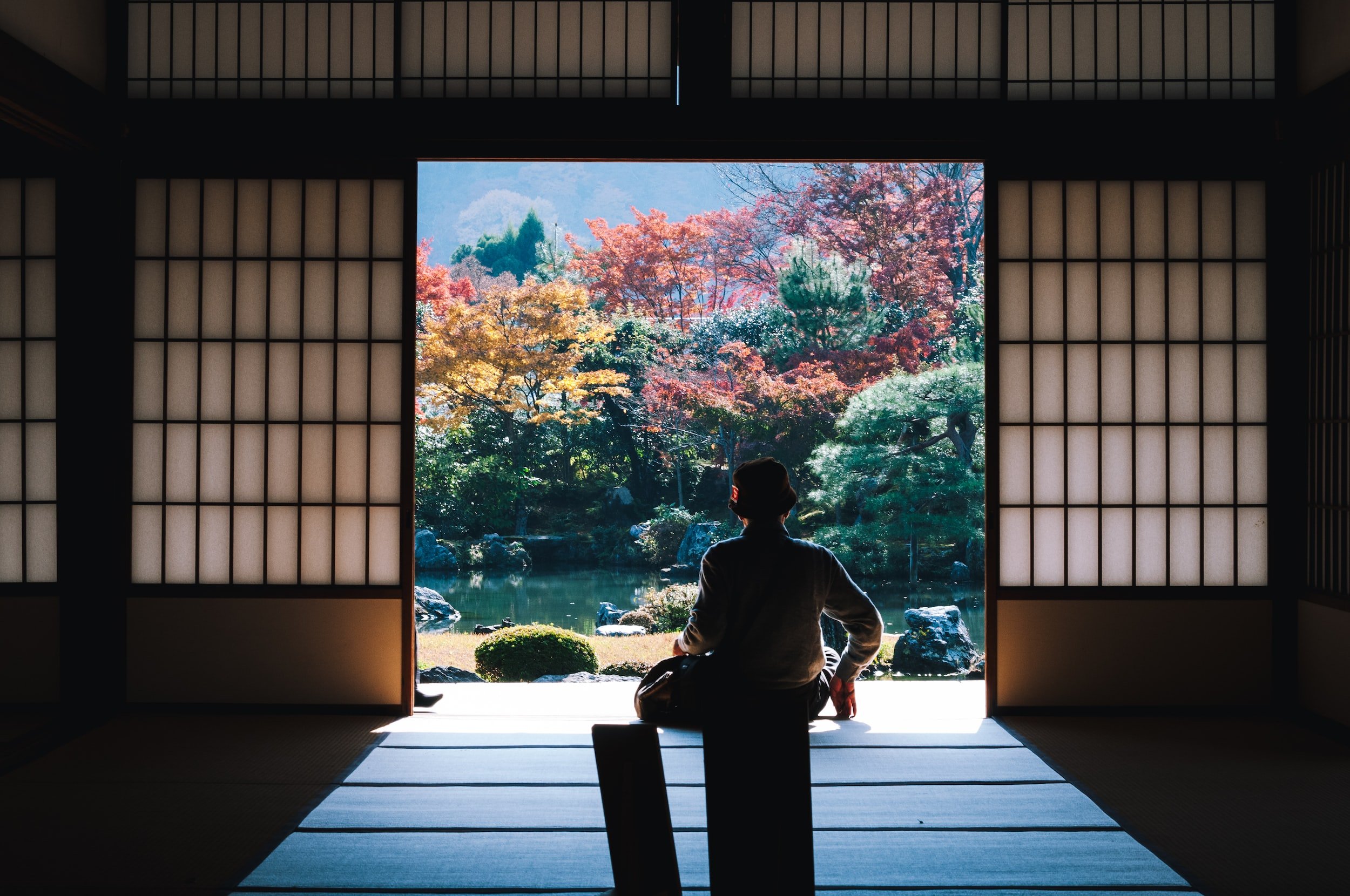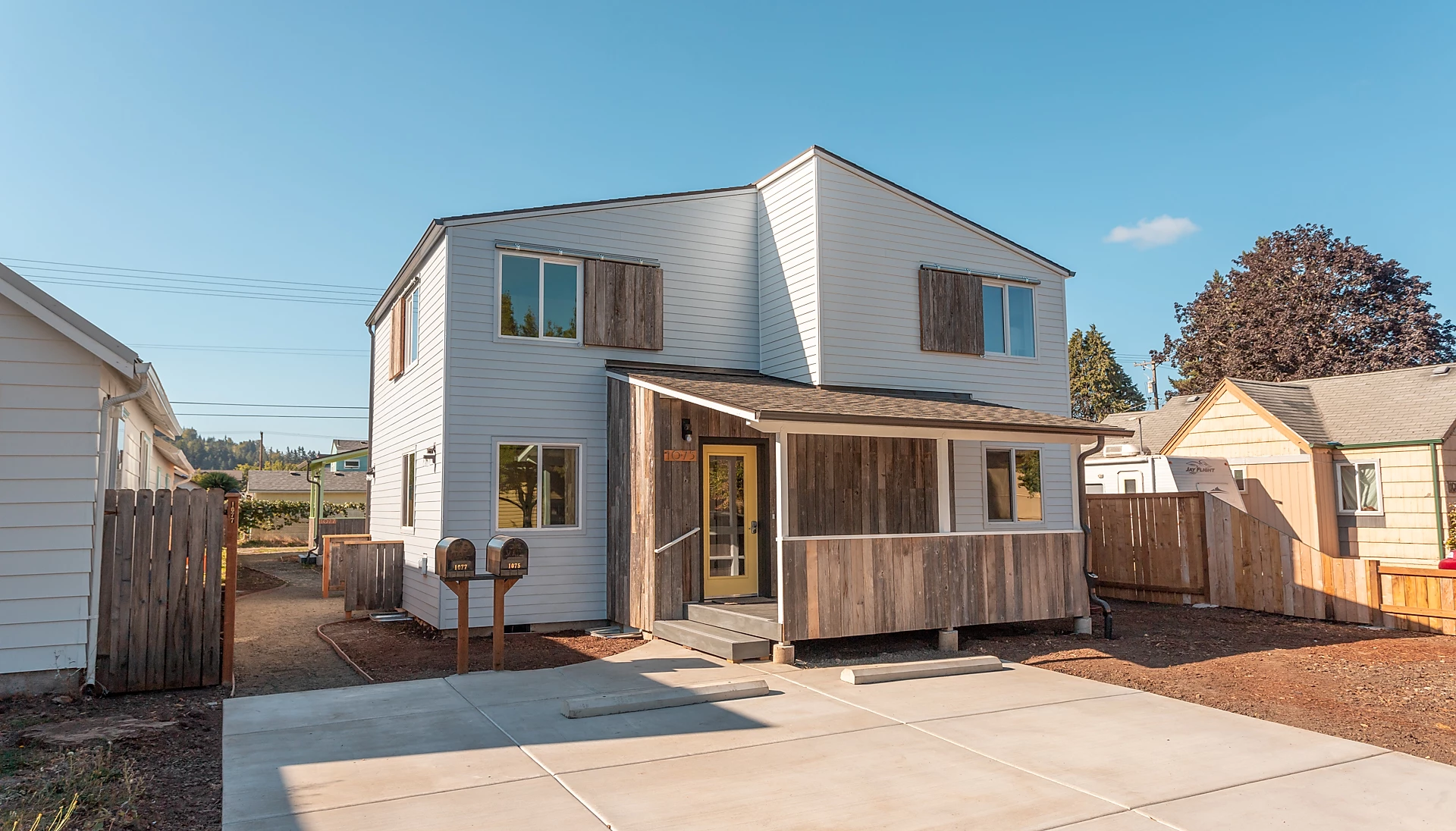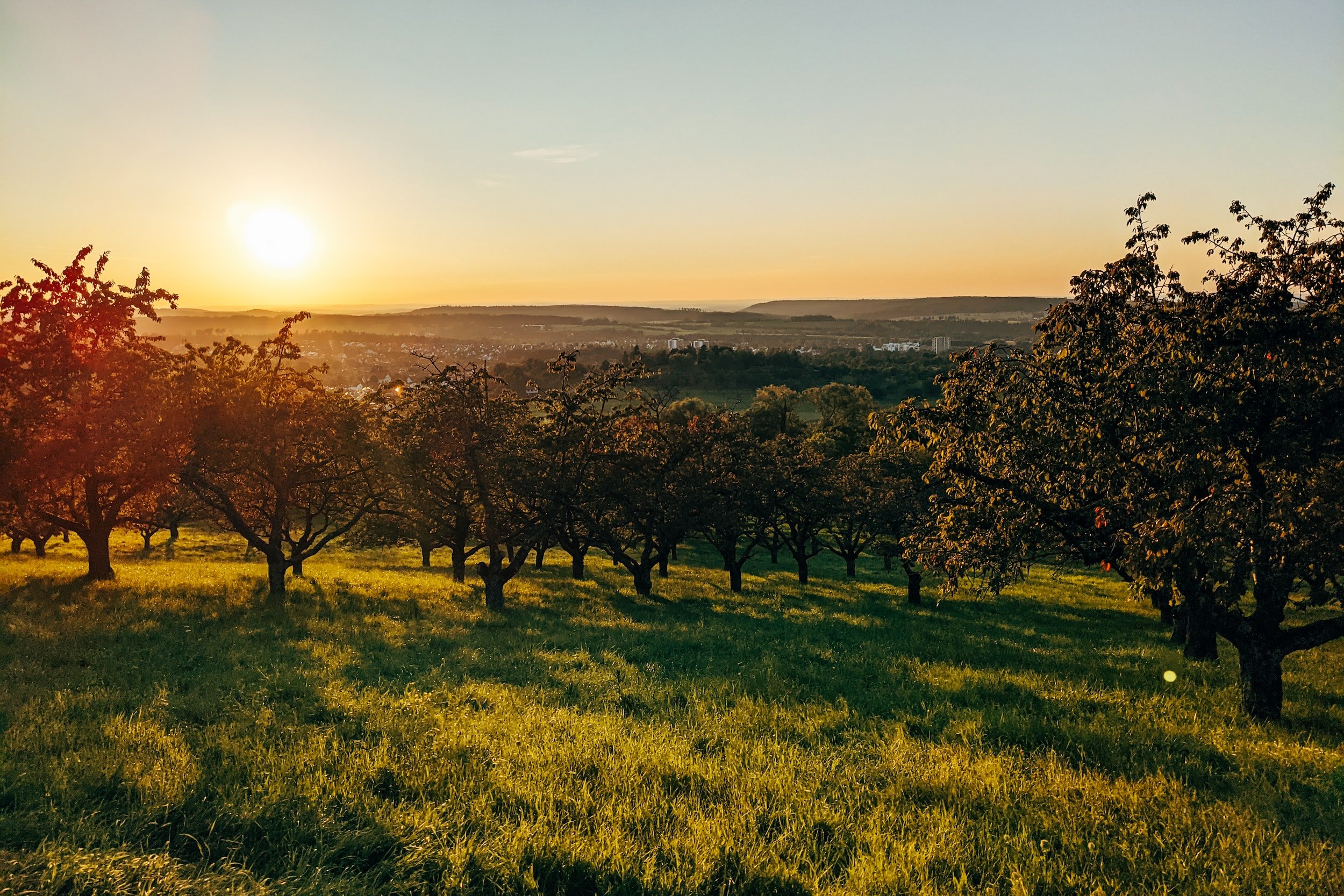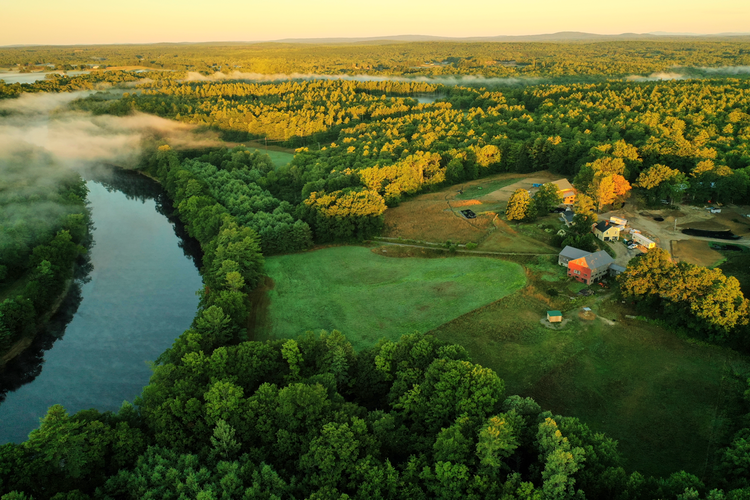
Journal
Stories of transformation
Regenerative Agrotourism with David Rust
David Rust is the founder and CEO of Sagra, an agro-tourism company that works with farms across the country. He believes that a trip to a regenerative farm can be a revelation for people, inspiring them to shift the way they shop, eat, and see the environment.
Book Review: Sacred Economics with Charles Eisenstein
Charles Eisenstein is at the forefront of the regenerative movement. His writings strike at the heart of who we are as a civilization, and they so poetically yet critically examine our relationship to culture, story, place, ecology, and politics.
Examining Regenerative Real Estate with Izumi Tanaka
Izumi is a practicing Buddhist and sees how the impacts that we make within our daily lives have impacts that go beyond ourselves. She sees the practice of inhabiting our homes as a spiritual endeavor where we must first transform ourselves before we can begin transforming the world.
Designing with Play with John Kamp
How we can use engaging, playful community-based methods to design more safe, sustainable, and equitable neighborhoods and communities.
Rewilding the World with Hannah Lewis
The Miyawaki Method is a unique approach to reforestation devised by Japanese botanist Akira Miyawaki. Author Hannah Lewis explains how tiny forests as small as six parking spaces grow quickly and are much more biodiverse than those planted by conventional methods.
Affordable, Sustainable Housing with Dylan Lamar
People tend to think that affordability and sustainability are at odds with each other. Even new market-rate homes fall far short on sustainability metrics. Yet for Oregon architect turned developer Dylan Lamer, he is willing to show the way.
Making an Enchanted Forest with Dani Baker
Dani Baker is the owner of Cross Island Farm in New York. After spending long hours in her annual market garden, she turned to permaculture principals to help transform her property into a perennial edible food forest.
Big Change Through Not So Big Actions with Sarah Susanka
Sarah Susanka is an architect, prolific author, and visionary thinker credited with starting the tiny house movement. She’s changed the way huge amounts of people see the world, but she insists the way to create change is by thinking small and attending to the everyday challenges you see in front of you.
DIY Rainwater Harvesting with Jesse Savou
Water is a major issue right now as hundreds of millions of people across the world are facing drought. In the US alone we use trillions of gallons a year to water our lawns. We channel rainwater into the sewer, and use clean drinking water to flush our toilets.
Bottom Up Solutions with Alison Sant
As the world looks for new ways for cities to adapt to climate change, design expert Alison Sant believes that potential solutions lie at the front lines and with the people most directly impacted.
From Street Lad to Biosphere-Inspired Entrepreneur with Dr. Vincent Walsh
Dr. Vincent Walsh is a designer and serial entrepreneur living and working in Manchester, England. He is inspired and fascinated by the biosphere's natural inclination toward circular systems and "upcycling"—taking components and creating from them something of equal or greater value.
Seeing Hope Differently with Aaron Fairchild
Aaron Fairchild has leveraged his own background in finance to lead the way in deep green housing development in the Pacific Northwest. He's applied pressure to the whole market, inspiring developers to make more sustainable housing in order to keep up.
Setting Inspirational Examples with Ben Falk
Ben Falk is one of the most prominent figures in the world of ecological design but he didn't always see that path as his future. At a young age, he was drawn toward acts of dramatic protest, like sleeping in trees. But eventually he had an epiphany: the best way to inspire change is not to yell at or shame people, but to show them a better way to live.
Creating a Better Concrete with Emily Majewski
Concrete, which is energy and emissions intensive, took over the world around 200 years ago. Emily Majewski thinks it's time for its reign to end. Experimenting in her backyard in Mexico, she created a new, environmentally-friendly building material made from biochar called Cast Carbon.
Join us at the Inaugural Regenerative Real Estate Gathering at River Bend Farm
Saco, Maine — It's time to see Real Estate as an opportunity for people and the planet to thrive together. Join us for 3 nights/4 days at the scenic River Bend Farm for an intimate gathering. Get to know the players of Regenerative Real Estate and come ready to deepen your life and work.
Driving Change Through Agriculture Investing with Chris Rawley
Agriculture is not a typical investment category that one may think about when they think of real estate investing. Yet if we are going to have more regenerative farmers, they are going to need access to capital. Harvest Returns is an online platform that connects small farmers and producers with agriculture-specific investors.
From Ecological Collapse to Thriving with Jesse McDougall
There is a utopic vision that farmers will put down their pesticides, herbicides, and other chemical cocktails conceived and peddled to eradicate pests and weeds in order to save the planet. However the challenge is that the land can become so degraded that once you go cold turkey and stop applying chemicals, everything seems to collapse around you.
The Five Stages of Transition with Don Hall
Transition or Transition Towns, is a movement that has been growing since 2005 across the globe. Community-led Transition groups focus on a low-carbon, socially just future with resilient communities, and active participation in society.
Acts of Restorative Kindness
Despite being named one of the top ten landscape designers of all time, Mary Reynolds describes herself as an ex-gardener. That’s because after years spent designing award-winning gardens and landscapes across the globe, Mary was tired of fighting nature back to fit into the mold in which she originally designed.
Biophilic Cities
Biophilia was first introduced as a term in 1973 by Erich Fromm in The Anatomy of Human Destructiveness, which put forth that biophilia is “the passionate love of life and all this is alive.” The term was later used by legendary biologist E.O. Wilson in his 1984 work Biophilia, in which he proposed that humans tend to focus on and affiliate with nature and other life-forms because of a genetic basis.

